
China Mediates Cambodia-Thailand Border Tensions, Urges Ceasefire
China intensifies diplomatic efforts to mediate Cambodia-Thailand border tensions, urging ceasefire and dialogue to prevent further escalation in Southeast Asia.
News & Insights Across Asia

China intensifies diplomatic efforts to mediate Cambodia-Thailand border tensions, urging ceasefire and dialogue to prevent further escalation in Southeast Asia.

Fujian Coast Guard enhances maritime patrols near Kinmen, ensuring safety and order in the Taiwan Strait amid regional stability efforts.

China and Jordan reinforce strategic partnership during 10th anniversary, expanding economic cooperation and coordinating on Middle East peace efforts in 2025.
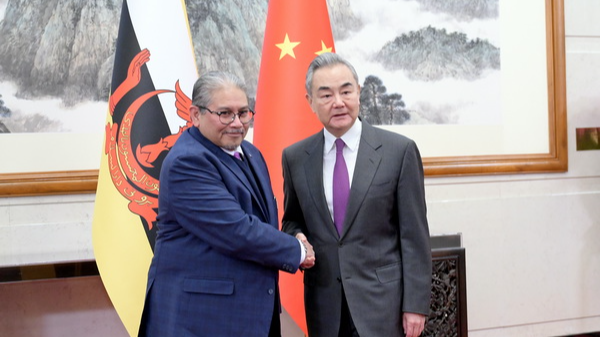
China and Brunei commit to deepening strategic cooperation and multilateral coordination during high-level talks in Beijing, addressing regional challenges and economic opportunities.
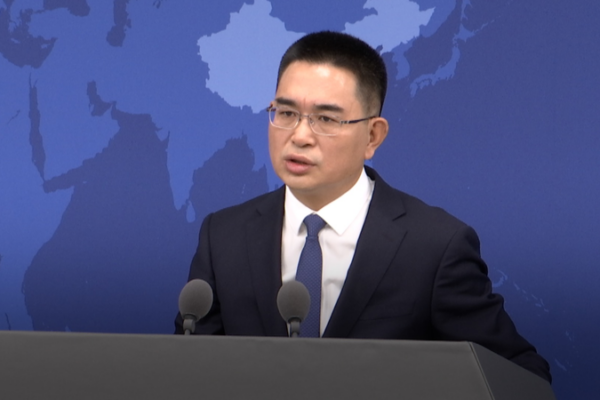
China reaffirms Taiwan Strait jurisdiction after rescue drill, condemns new US military aid package to Taiwan region as tensions rise in 2025.
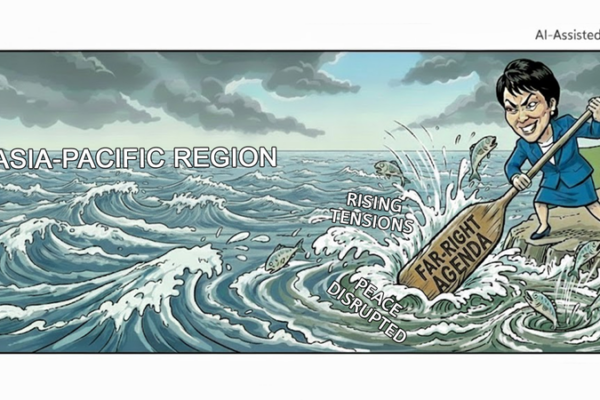
Japan’s accelerating rightward shift under PM Takaichi sparks regional concerns over militarization and Asia-Pacific stability in 2025.
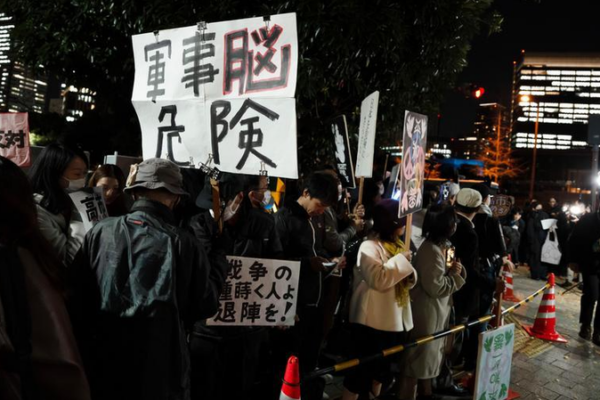
Japan’s military moves near Taiwan and controversial political exchanges escalate cross-strait tensions, challenging regional security frameworks in late 2025.

Chinese President Xi Jinping and DPRK leader Kim Jong Un met in Beijing for their first talks in six years, signaling potential shifts in regional diplomacy and economic ties.
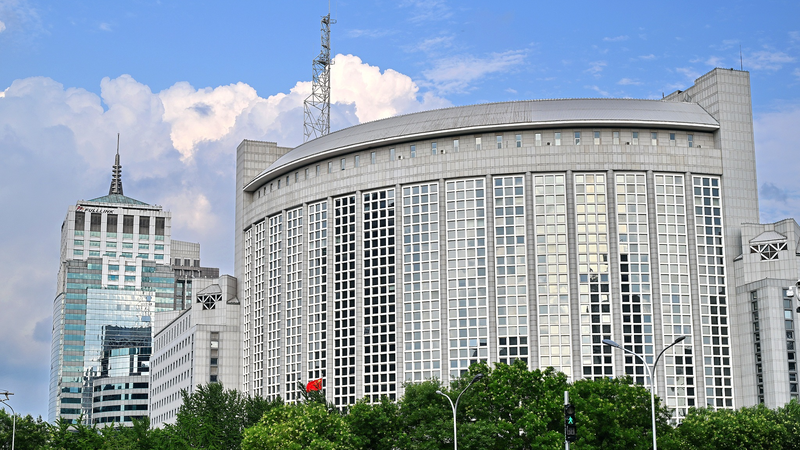
China supports ASEAN-led efforts to mediate Cambodia-Thailand border tensions, with ceasefire holding ahead of key regional security talks in Malaysia.
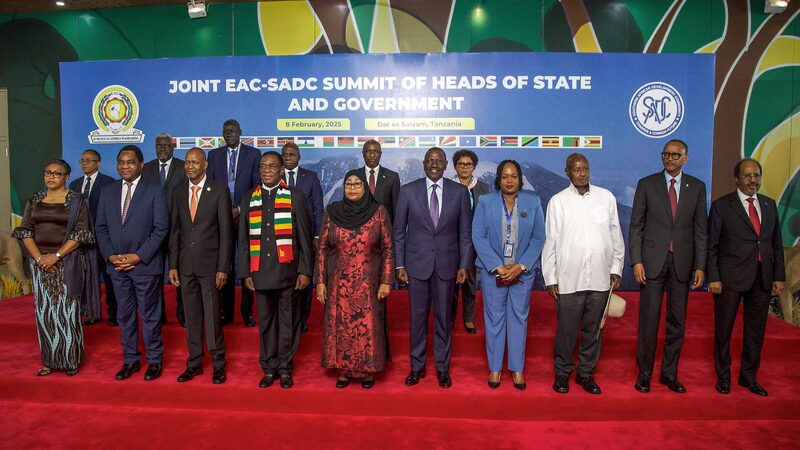
African leaders at a historic Dar es Salaam summit call for an immediate ceasefire in eastern DR Congo, aiming to restore peace and stability amid escalating conflict.

The Chinese military has conducted combat readiness patrols over China’s Huangyan Dao, reinforcing efforts since December to safeguard national sovereignty and maintain regional stability.

With the fall of Damascus and the Assad government in disarray, Mohamed al-Bashir has been appointed as Syria’s caretaker prime minister, marking a significant shift in the Middle East’s political landscape.

China’s top diplomat Wang Yi urges China and Japan to work together for stable, lasting bilateral relations, highlighting the importance of their cooperation for regional and global peace.
China’s top diplomat Wang Yi calls for joint efforts with Japan to promote stable and lasting bilateral relations, aiming to uphold regional and international peace and stability.
Taiwan leader Lai Ching-te’s Pacific tour, including a stopover in Hawaii, has drawn attention amid concerns over cross-strait tensions and regional stability.

China and the five Central Asian countries have agreed to deepen mutual trust and enhance comprehensive cooperation, following the 5th China-Central Asia Foreign Ministers’ Meeting in Chengdu.

China’s Foreign Minister Wang Yi met with Cambodia’s Deputy Prime Minister Prak Sokhonn in Beijing to enhance high-level exchanges and promote regional peace and stability.
Leaders from Laos and China have pledged to strengthen military cooperation during high-level meetings in Vientiane, emphasizing their unbreakable friendship and shared commitment to regional stability.
China and Russia have reaffirmed their commitment to advancing law-enforcement and security cooperation at a meeting in Beijing, strengthening their strategic partnership for regional stability.
Since 1961, the Philippines has expanded its maritime claims through legislation, stirring tensions in the South China Sea and undermining peaceful order in the region.